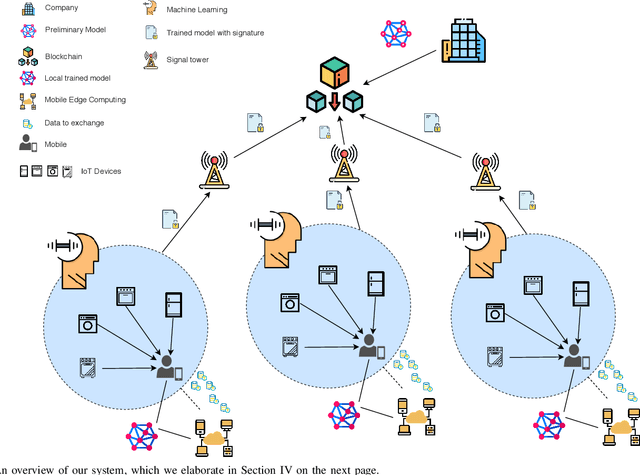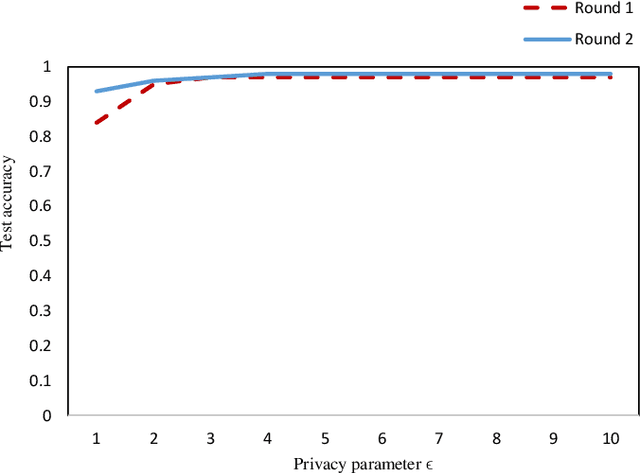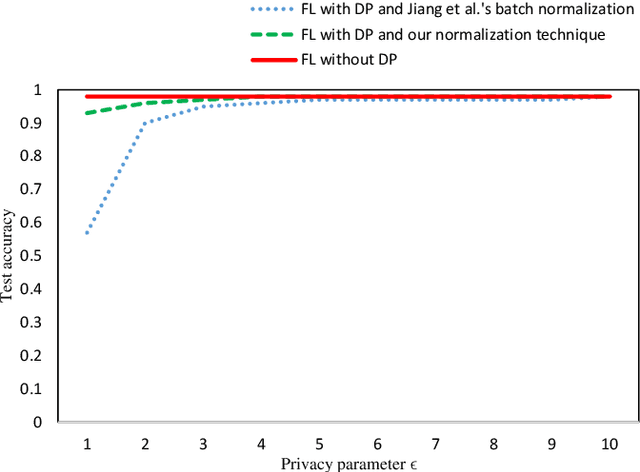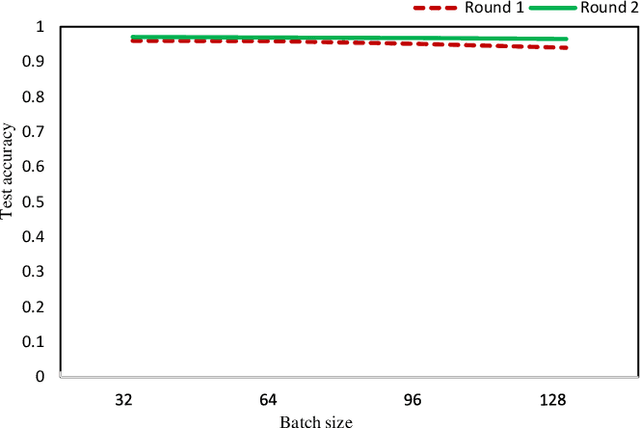Mobile Edge Computing, Blockchain and Reputation-based Crowdsourcing IoT Federated Learning: A Secure, Decentralized and Privacy-preserving System
Paper and Code
Jun 26, 2019



Internet-of-Things (IoT) companies strive to get feedback from users to improve their products and services. However, traditional surveys cannot reflect the actual conditions of customers' due to the limited questions. Besides, survey results are affected by various subjective factors. In contrast, the recorded usages of IoT devices reflect customers' behaviours more comprehensively and accurately. We design an intelligent system to help IoT device manufacturers to take advantage of customers' data and build a machine learning model to predict customers' requirements and possible consumption behaviours with federated learning (FL) technology. The FL consists of two stages: in the first stage, customers train the initial model using the phone and the edge computing server collaboratively. The mobile edge computing server's high computation power can assist customers' training locally. Customers first collect data from various IoT devices using phones, and then download and train the initial model with their data. During the training, customers first extract features using their mobiles, and then add the Laplacian noise to the extracted features based on differential privacy, a formal and popular notion to quantify privacy. After achieving the local model, customers sign on their models respectively and send them to the blockchain. We use the blockchain to replace the centralized aggregator which belongs to the third party in FL. In the second stage, miners calculate the averaged model using the collected models sent from customers. By the end of the crowdsourcing job, one of the miners, who is selected as the temporary leader, uploads the model to the blockchain. Besides, to attract more customers to participate in the crowdsourcing FL, we design an incentive mechanism, which awards participants with coins that can be used to purchase other services provided by the company.
 Add to Chrome
Add to Chrome Add to Firefox
Add to Firefox Add to Edge
Add to Edge